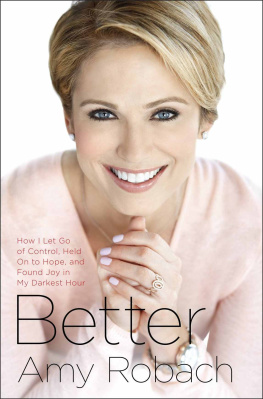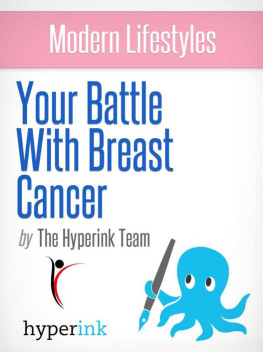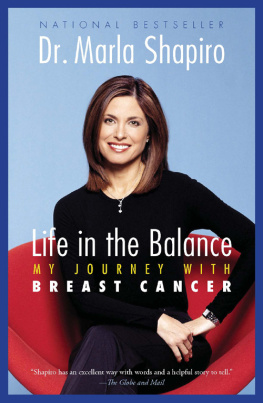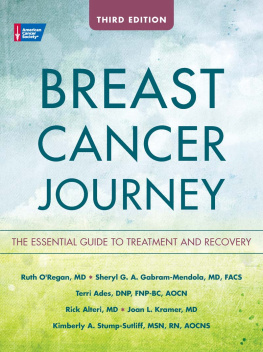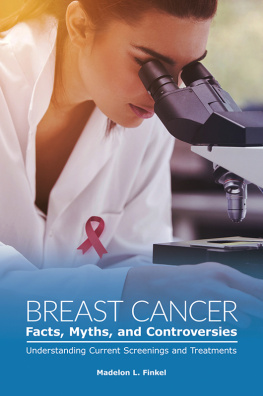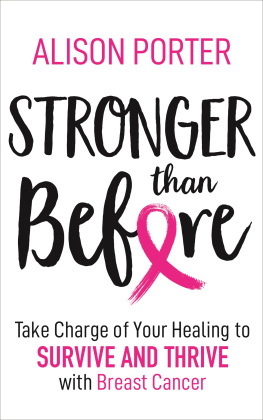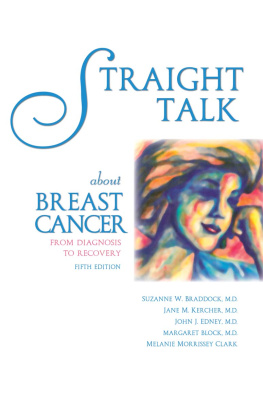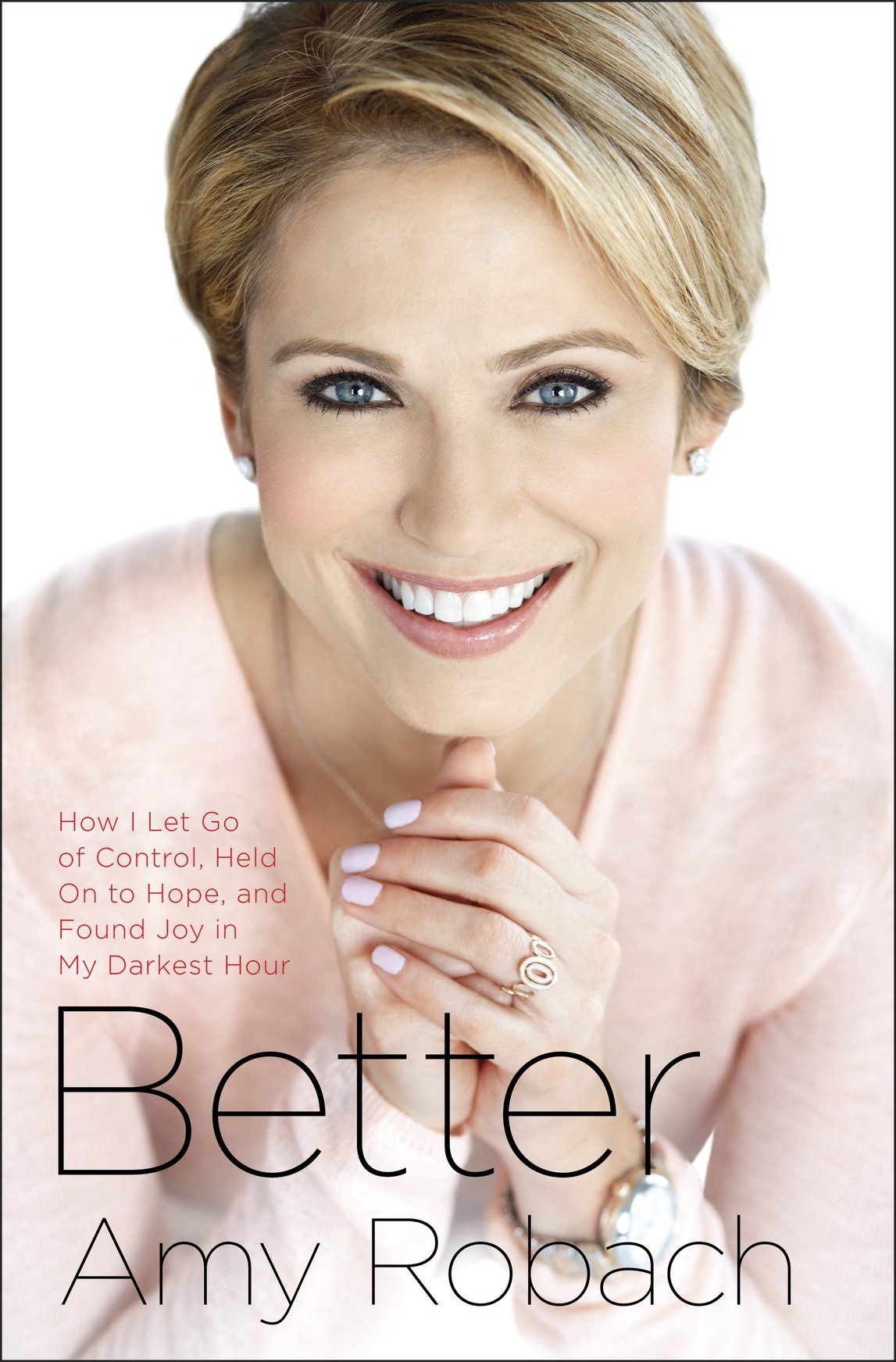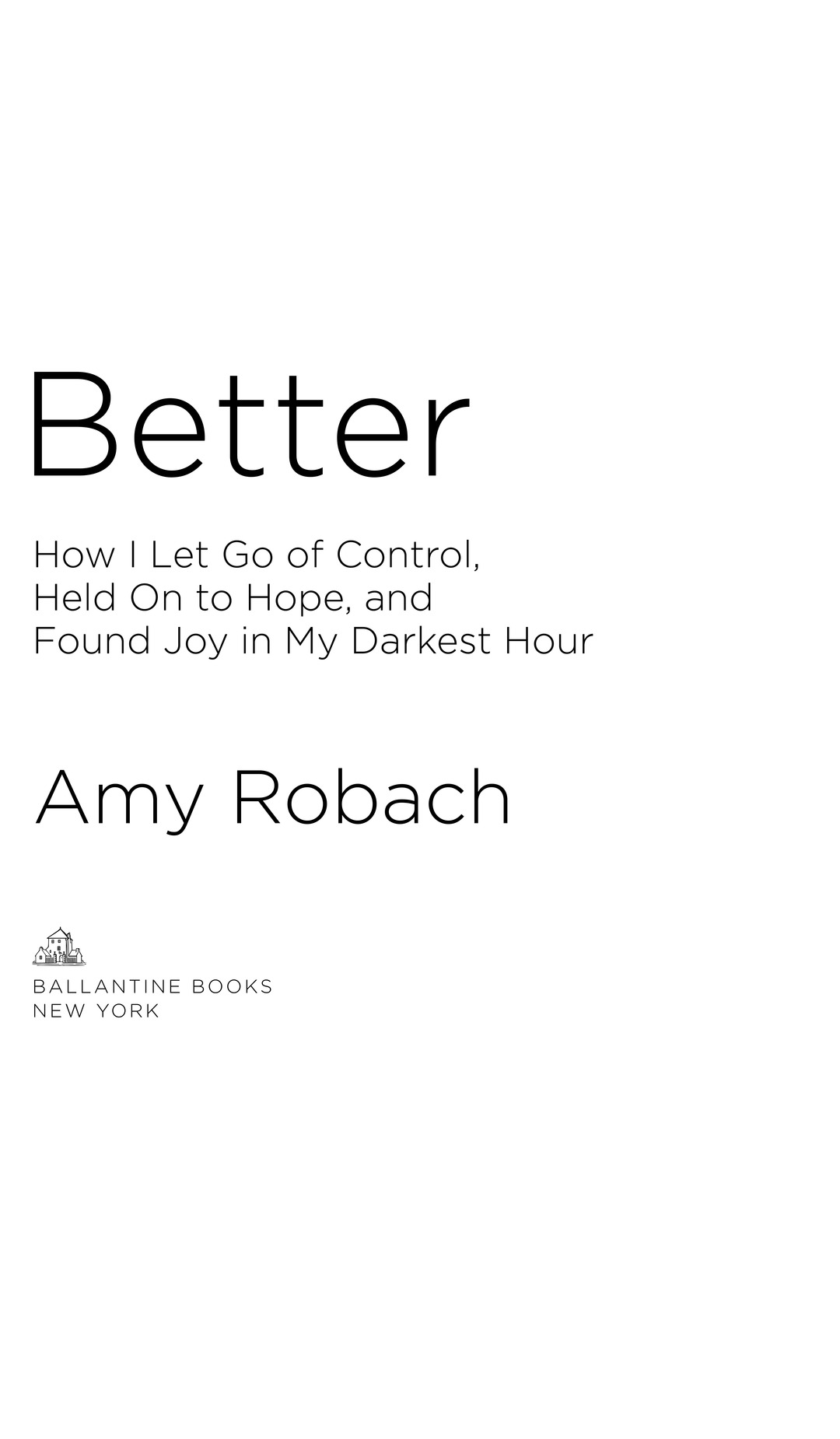All rights reserved.
Published in the United States by Ballantine Books, an imprint of Random House, a division of Penguin Random House LLC, New York.
B ALLANTINE and the H OUSE colophon are registered trademarks of Penguin Random House LLC.
Robach, Amy.
Better : how I let go of control, held on to hope, and found joy in my darkest hour / Amy Robach.
1. Robach, Amy. 2. Television personalitiesUnited StatesBiography. 3. Television news anchorsUnited StatesBiography. 4. BreastCancerPatientsUnited StatesBiography. I. Title.
Introduction
A Beautiful Connection
M y older daughter, Ava, was ten when I told her I had cancer. As she struggled to understand what was happening to me, she put her feelings down on paper and wrote a poem but then hid it, too embarrassed to let me see her words. Instead, she showed it to a dear friend and colleague of mine, Sara Haines. Sara and I first met and worked together at NBC, and now were lucky enough to work side by side at ABC. Weve shared a lot of ups and downs over the years, and shes become like a sister to me and an aunt to my daughters. Sara encouraged Ava to give me the poem. She said, Your mom needs to read this. And she was right.
Ava ran up to me one evening in the middle of my chemo treatments and handed me the neatly folded sheet of lined paper.
Mom, please dont read this in front of me, she said as she hurried off to her bedroom and closed the door.
As I began to read Avas words, I was overcome with pride. My little girl had so much compassion in her beautiful heart; her empathy and optimism leapt off the paper. The title of the poem was perfect, simple, and powerful: Better. What a hopeful word. It stared back at me at a time when I felt the opposite. I was weak, but my daughter knew that I would be strong again. My tears started flowing. The voice of my ten-year-old astounded me as I marveled at her incredible wisdom. Her poem was a message of understanding and encouragement, from daughter to mother.
Better by Ava McIntosh
As she walks through the door with her head held up high
And a sparkle in those big blue eyes
That smile is contagious and I dont know why.
This is her battle, yet she strengthens me.
This is her struggle, and she cant be free.
This is her worry, but I have no doubt
She will survive without one pout.
She will be strong, stronger than ever.
Shes a fighter just like her daughter
It has to get worse before it gets better
and trust me it will get better.
My younger daughter, Annalise, was only seven when she had to hear that her mommy had cancer. She spoke to me through her art, drawing me as a princess, as if to make me all-powerful. But at the same time, I noticed how she held on to me a little tighter than before, and I could see in her big brown eyes how much she needed me.
My daughters made me rise up in my darkest moments. I felt stronger, better, just knowing they believed I could conquer this horrible disease. Ive come to recognize that there is no clearer mirror in the world than the reflection of yourself through your children.
Despite the fact that millions of women share this awful illness, cancer can feel very isolating. Ive found over this past year that every time I share my story, other women share theirs, and a beautiful connection is made. Its been a tremendous source of comfort for me, and its the reason I decided to write this book. As a journalist, Im much more interested in telling the story than in being the story. But the fact is, I didnt really have a choice about going public with my illnessI was tested on live television as a public service, and keeping quiet about the rest of my experience just felt wrong. My passion for journalism is rooted in the notion that by providing information we become stronger, more connected people. My goal is to share not only the daily challenges I faced as a newly diagnosed cancer patient but also the evolution that occurred as I transitioned from patient to survivorto thriver. I am a different woman than I was before cancer. I am a better mother, wife, daughter, sister, and friend, and Ive learned so much about myself. Perhaps the biggest lesson was one that I thought I knew yet too often forgot: The truth is, all I really need is exactly what I have right now.
Chapter One
You Want Me to Do What?
I ve never been a big believer in fate. Too many awful things happen to too many wonderful people for me to accept that theres a larger plan for the greater good. But that said, I have to admit, the events that led to my diagnosis all felt very fated.
I have so many reflections that begin with what if and thank God. What if I had stayed at my previous job at NBC and never switched to ABC? Thank God I jumped networks. What if I hadnt become a larger part of the Good Morning America family, which happened only because of an unexpected twist in GMA host Robin Robertss second cancer battle? Id filled in for Robin every other week for nearly a year while she was on leave for a bone marrow transplant to fight myelodysplastic syndrome. Thank God I was the one who got to step in. If these things hadnt happened, I might never have received the email that ultimately saved my life.
I T WAS LATE September 2013. I was in the rural Pennsylvania home of Marie Monville, a sweet, pretty young mother of three whose husband had walked into a quiet Amish schoolhouse seven years earlier and gunned down ten little girls, killing five of them and then himself. Marie had written a memoir about her life before and after the shooting, and we were about to do her first network-television interview for ABC News. She had remarried, but she still lived in Amish Country. My producer, Kaitlyn Folmer, and I had driven out the night before and stayed at the Hotel Hershey, a few miles from Kaitlyns childhood home. Its stunningly beautiful country, with horse-drawn carriages and pastoral farmsthe last place youd expect to find such a tragedy.
On the morning of the interview, I was still fine-tuning my questions and follow-ups as the crew finalized their camera positions and lighting. They placed Marie in front of the stone fireplace, and when I saw her there, I was struck by how incongruous it all seemed. This poised young woman in this pleasant house in bucolic Middle America had gone through a hell I couldnt begin to understand.
We were about to start rolling when I glanced at my cellphone and saw a cryptic message from Good Morning America producer Sandra Aiken: Can you call me? I have a delicate assignment I need to talk to you about.


